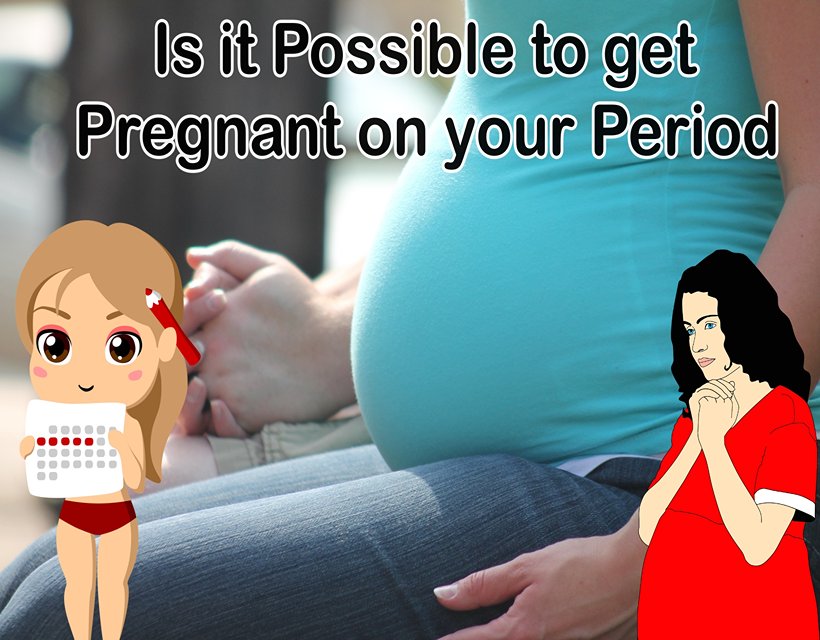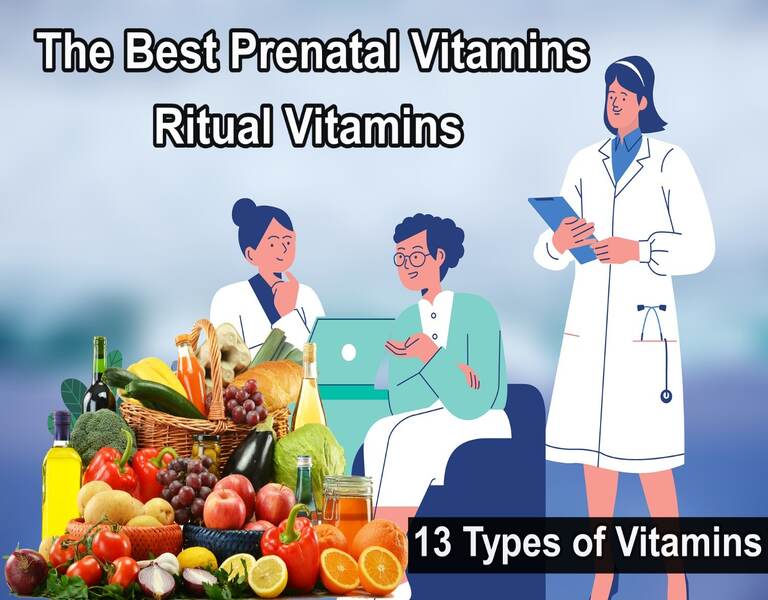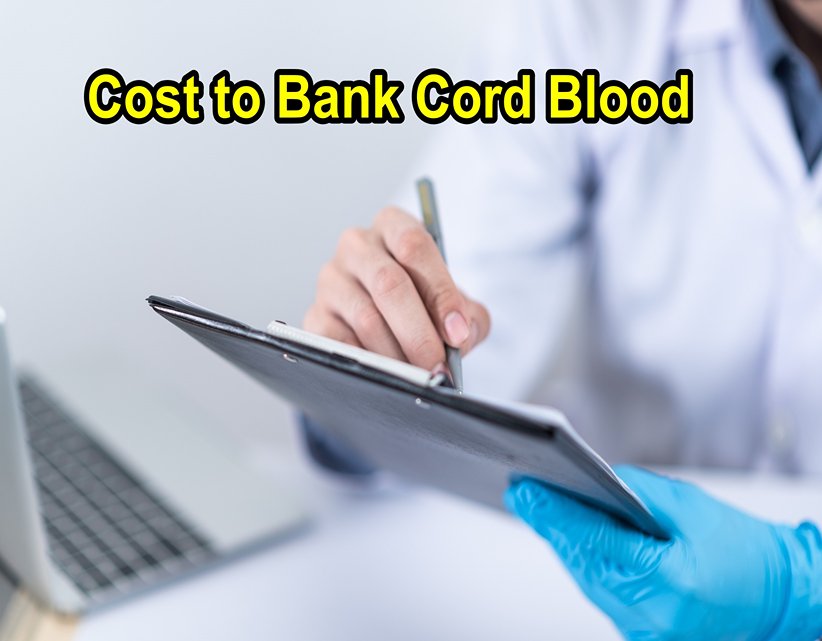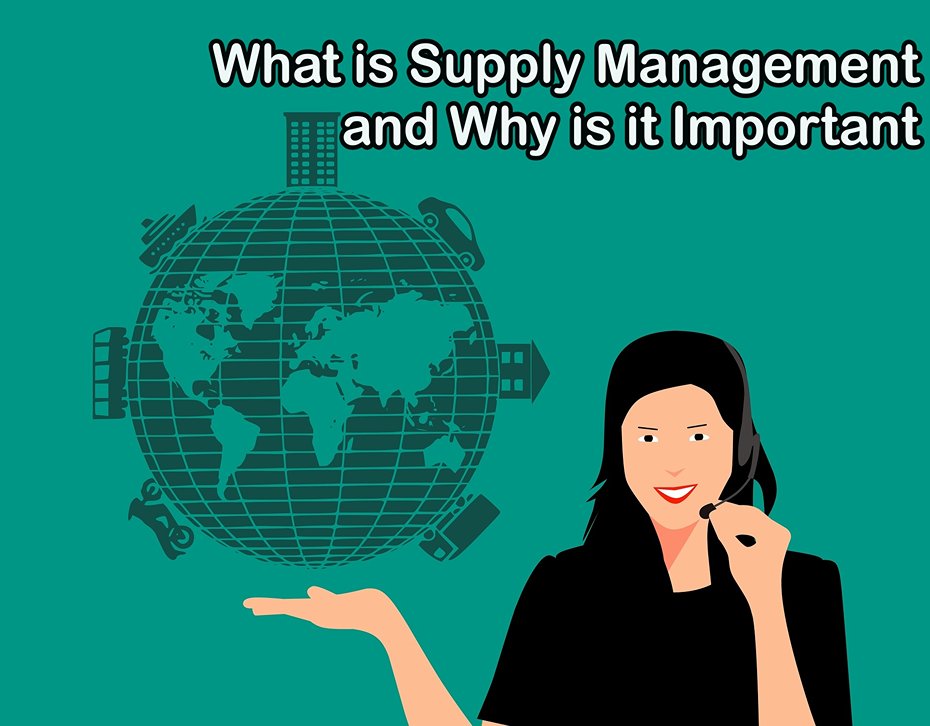Is it Possible to get Pregnant on your Period
Many women believe that they cannot get pregnant during their period, but this is not entirely true. While it is less likely to get pregnant during your period, it is still possible. In this blog post, we will explore the factors that affect the likelihood of getting pregnant during your period. Is it Possible to get Pregnant on your Period
First, let’s understand the basics of the menstrual cycle. The menstrual cycle is the regular natural change that occurs in the female reproductive system, specifically the ovaries and the uterus. The menstrual cycle lasts an average of 28 days but can range from 21 to 35 days.
During the menstrual cycle, the ovaries release an egg (ovulation) which travels down the fallopian tube towards the uterus. If sperm is present in the fallopian tube at the time of ovulation, there is a chance that it will fertilize the egg and result in pregnancy.
Now, let’s talk about the factors that affect the likelihood of getting pregnant during your period. The chance of getting pregnant during your period depends on the length of your menstrual cycle and the length of your period.
If your menstrual cycle is short (21 days) and your period lasts for five to seven days, then you could ovulate shortly after your period ends. If you have sex during your period and sperm survives in your body for a few days, there is a chance that it could fertilize the egg and result in pregnancy.
If your menstrual cycle is longer (35 days) and your period lasts for a week, then you are less likely to get pregnant during your period. This is because ovulation occurs later in the cycle, and there is a smaller chance that you will ovulate shortly after your period.
So even if you have sex during your period and do not ovulate for a few days, there is still a chance that the sperm could fertilize the egg. Is it Possible to get Pregnant on your Period
The chance of getting pregnant during your period depends on the length of your menstrual cycle and the length of your period. It is always important to use contraception if you do not want to get pregnant, regardless of where you are in your menstrual cycle.
One factor to consider is the regularity of your menstrual cycle. Women who have irregular menstrual cycles may find it more difficult to predict when ovulation will occur, making it harder to avoid getting pregnant during their period. This is because ovulation can occur at different times in the cycle, making it less predictable.
Another factor to consider is the use of hormonal contraceptives. Birth control pills, for example, work by preventing ovulation. If you are taking birth control pills as directed, you are less likely to get pregnant during your period. However, it’s still important to use other forms of protection to reduce the risk of sexually transmitted infections (STIs).
It’s also important to note that there are certain conditions that can affect fertility and increase the risk of pregnancy. For example, women with polycystic ovary syndrome (PCOS) may have irregular menstrual cycles and ovulate at unpredictable times. Similarly, women who are undergoing fertility treatments may have an increased risk of pregnancy during their period due to the use of fertility drugs.
It is important to understand that getting pregnant during your period is possible, but it is less likely. If you do not want to get pregnant, it’s important to use contraception consistently and correctly, regardless of where you are in your menstrual cycle. Additionally, it’s important to have regular check-ups with your healthcare provider to ensure that you are healthy and to discuss any concerns you may have about your menstrual cycle or fertility.
One factor to consider is the type of bleeding you are experiencing. While it is uncommon, some women may experience bleeding during ovulation. This bleeding, known as ovulation bleeding or mid-cycle spotting, can be mistaken for a period. If you have unprotected sex during this time, there is a chance you could get pregnant.
Another factor to consider is the use of certain medications or medical conditions that can affect fertility. For example, certain medications used to treat epilepsy or other neurological conditions can affect ovulation and increase the likelihood of pregnancy during your period. Additionally, certain medical conditions such as thyroid disorders or autoimmune diseases can also affect fertility and increase the risk of pregnancy.
It’s also important to consider the effectiveness of various forms of contraception. While some methods, such as condoms and diaphragms, provide a physical barrier to prevent sperm from reaching the egg, others, such as hormonal birth control, work by preventing ovulation. However, no form of contraception is 100% effective, so it’s important to use multiple methods of protection, such as combining condoms with hormonal birth control, to reduce the risk of pregnancy.
It’s important to understand that fertility can be affected by a variety of factors, including age, stress, and overall health. Women who are approaching menopause may experience irregular periods and unpredictable ovulation, increasing the likelihood of pregnancy during their period. Similarly, high levels of stress can affect hormone levels and ovulation, potentially increasing the risk of pregnancy during your period.
While it is possible to get pregnant during your period, there are many factors that can affect the likelihood of this happening. If you have concerns about your menstrual cycle or fertility, it’s important to talk to your healthcare provider. They can provide guidance on effective contraception methods and help identify any underlying medical conditions that may affect fertility. Is it Possible to get Pregnant on your Period
One factor to consider is the length of your menstrual cycle. Women who have shorter menstrual cycles may ovulate earlier in their cycle, which means there is a greater chance of getting pregnant during their period. Similarly, women with longer menstrual cycles may ovulate later in their cycle, which means they are less likely to get pregnant during their period.
Another factor to consider is the use of emergency contraception. If you have unprotected sex during your period and are concerned about the possibility of pregnancy, you may consider using emergency contraception. Emergency contraception, also known as the “morning-after pill,” can be taken up to 72 hours after unprotected sex to prevent pregnancy. However, it’s important to note that emergency contraception is not 100% effective, and it should not be used as a regular form of contraception.
It’s also important to consider the risk of sexually transmitted infections (STIs) when having unprotected sex, regardless of where you are in your menstrual cycle. Certain STIs can increase the risk of infertility and other health complications, so it’s important to use protection to reduce the risk of transmission. Is it Possible to get Pregnant on your Period
It’s important to understand that fertility can vary from month to month, even in women with regular menstrual cycles. Ovulation can be affected by a variety of factors, including stress, illness, and changes in weight or exercise habits. This means that even if you have a regular menstrual cycle, there is still a chance of getting pregnant during your period if ovulation occurs earlier or later than usual.
While getting pregnant during your period is less likely, there are many factors that can affect the likelihood of this happening. If you are sexually active and do not want to get pregnant, it’s important to use effective forms of contraception consistently and correctly, regardless of where you are in your menstrual cycle. Additionally, it’s important to have regular check-ups with your healthcare provider to ensure that you are healthy and to discuss any concerns you may have about your menstrual cycle or fertility. Is it Possible to get Pregnant on your Period













